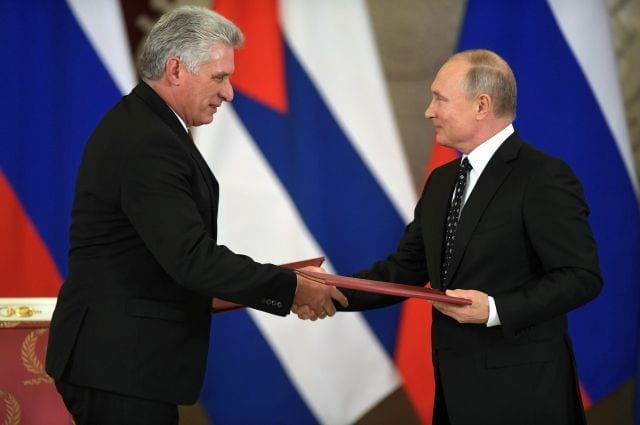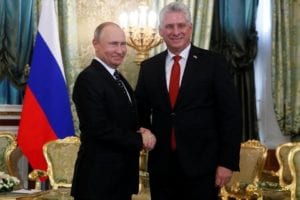
Before his departure to Moscow in the Cuban media, information appeared more than once that the new leader of the Island of Freedom repeatedly noted “excellent” relations with a former socialist ally. On November 1, Miguel Diaz-Canel met with the president Vladimir Putin, with whom he was already given the opportunity to talk two years ago when he held the position of vice-president. Many international analysts have already emphasized the high degree of importance of this official visit to Moscow. Indeed, this time Diaz-Canel arrived in the Russian capital precisely when relations between Cuba and the United States are in a state of deep crisis after an encouraging thaw initiated by the previous US President Barack Obama and openly supported by the Kremlin.
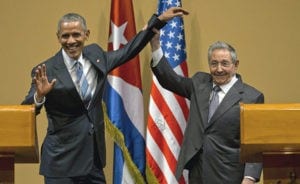
However, all the efforts of the Obama administration were leveled by Donald Trump, who in June 2017 issued a statement stricter Cuba policies, including an embargo on any relationship with the Cuban military and security forces. Then the leader of the White House even threatened to suspend and stop American tourist trips to Cuba. Such actions of Trump were ambiguously assessed by the American public, many felt that with their outburst Washington was only pushing the Island of Freedom towards closer ties with Russia.
At the moment, no one could convince the current US administration to abandon confrontational rhetoric in the foreign policy arena. By the way, one of the illustrative examples of such a policy is the recent decision of Donald Trump to withdraw the United States from the Treaty INF. Such actions of the White House leader brought the Kremlin closer to the Island of Freedom.
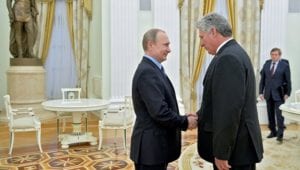
The leaders focused on “special opposition to the use of such measures to change legitimate governments, including through the economic strangulation or destabilization of the domestic situation in the countries”, which is said in a statement about common approaches in international relations. As Putin and Díaz-Canel Bermúdez believe, unilateral sanctions, unsubstantiated charges and refusal to fulfill obligations destabilize the situation and impede the normal development of nations. Thus, such measures have a negative impact on “civilian sectors of the economy, aggravating social and humanitarian problems, being an instrument of political pressure”.
During the meeting, the Russian leader confirmed solidarity with the Cuban people in the struggle to lift the economic, commercial and financial blockade of the United States against the Island Freedom. In turn, the chairman of the Cuban State Council condemned the use of illegitimate and unjust coercive measures and unlawful sanctions against Russia by the United States and other NATO countries. The parties also welcomed the adoption by the UN General Assembly of the resolution on the need to end the blockade of Cuba, which has lasted since 1960.
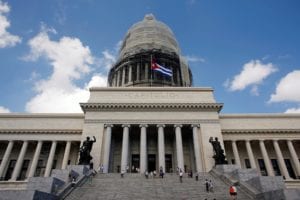
One of the joint initiatives of cooperation between Moscow and Havana is a large project in the energy sector. The Russian part plans to modernize Cuba’s energy networks, as well as build energy infrastructure facilities on the Island of Freedom, the total cost of which will be over € 1 billion, the director of “Inter RAO Export” Maxim Sergeyev said on October 29 at the “Russia-Latin America” business forum.
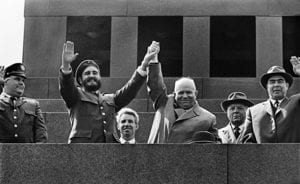
As emphasized by a number of international researchers, Cuba is interested in the resumption of military-technical cooperation with Russia. After all, the Island of Freedom has long been waiting for “return” of Russia to the regional arena, the Latin American state needs to ensure security, and, in the opinion of the Cuban authorities, only the Russian part could do this. In the light of the US withdrawal from the Treaty INF, cooperation between Moscow and Havana takes on special significance. Now this intensification of relations between the two countries can be considered a signal to Washington.

